Robots for Foundry Automation
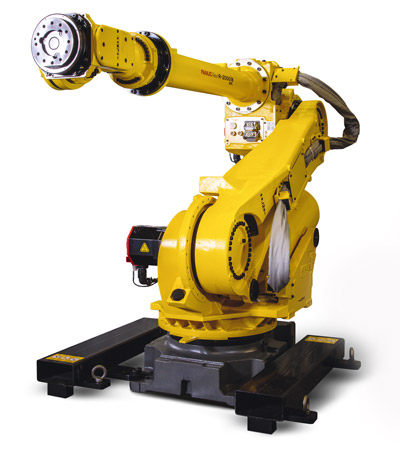
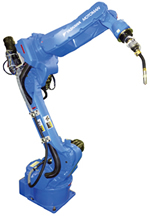
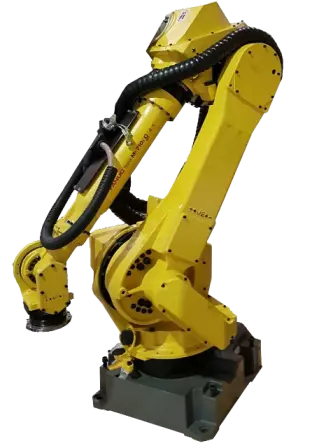
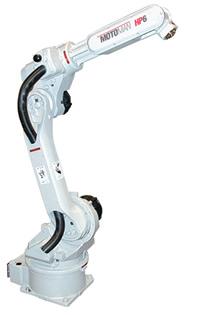
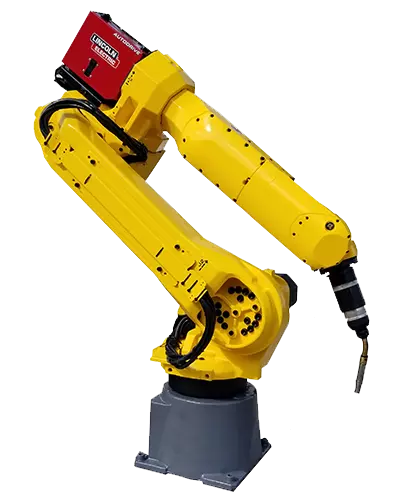
Foundry operations involve some of the most unforgiving and harsh conditions in manufacturing. Workers are frequently exposed to extreme heat, dust, loud noises, fumes, harsh chemicals, and hot metals. While foundries are incredibly dangerous environments, they are ideal for industrial robots. Last year nearly 20% of foundries invested in robotic technology for their operations. Articulated robots have become critical to creating safer, more efficient, and productive processes within foundries.
What Robots are Being Used in Foundries?
Due to the extremely harsh conditions of foundries, not just any industrial robot arm can be used. Factory robots operating in foundry environments must contain specific protections in order to effectively operate and withstand conditions such as high heat, dust, and water exposure. Many of the top robotic manufacturers produce foundry grade robots that are designed to be robust enough to withstand the hazardous conditions of foundries. The FANUC R-2000ib/165F has an option to be one of those robot manipulators.One of the conditions foundry robots need to be protected from is dust intrusion. Most foundry installations require an IP rating of at least 55. However, if water or liquid exposure is involved then an IP rating of 67 is needed for at least the industrial robotic arm. The FANUC M-710ic/50 is an six axis robot with an IP67 rating. In addition to a high IP rating, many foundry grade industrial robots feature special exterior coatings. KUKA’s foundry robots are designed with a heat, corrosion, and acid resistant exterior coating.
Many foundry operations involve moving heavy metal workpieces or handling heavy molds. For those reason a high payload robot is typically used when automating foundries. However, there are also low payload foundry robots. The ABB 6640 is a high payload robot that is ideal for foundry automation.
Long reach industrial robots are also common for foundry automation. Extended reach robots are better equipped to handle large workpieces that are common in foundries. Industrial robots may be needed to dip large parts into hot liquids and sand for certain casting applications. Doing this manually would require several workers whereas the extended reach Yaskawa MH180 can replace multiple workers to complete the process on its own.
What Applications are Robots Automating in Foundries?
- • Material Handling - Manufacturing robot arms are commonly used to automate material handling processes involved with foundry operations. The ABB 7600 may be used to pour molten metal into molds. While the FANUC R-2000ib/125L may be used to insert parts into foundry presses. Many operations require multiple workers to handle heavy parts. Whereas a single handling robot can handle the same heavy workpieces.
- • Material Removal - Excess material is common in casting applications and needs to be removed prior to further processing. Industrial robots are automating material removal processes in foundries. They can trim away unwanted material from the workpiece or load the workpiece into a trimming press.
- • Spraying - Industrial robots are also automating the spraying of dies and molds. Robots ensure molds are evenly sprayed with lubricant, preventing casting defects from occurring.
- • Others - Other applications being automated in foundries by industrial robots include chemical cleaning, forging, sand casting, mold casting, die casting, and finishing.
Robots Done Right is the place to start when it comes to used robots. Contact us if you are interested in buying or selling a used robot.